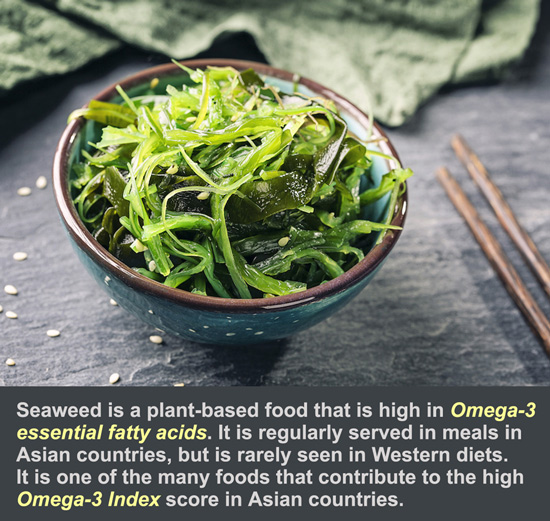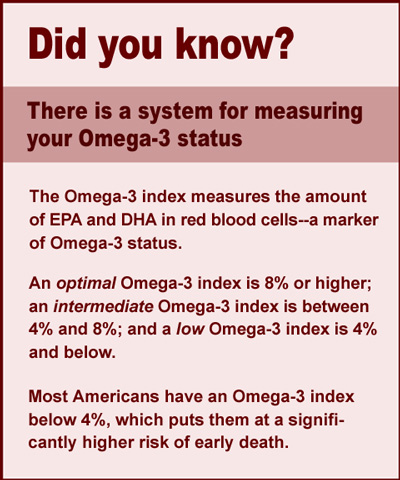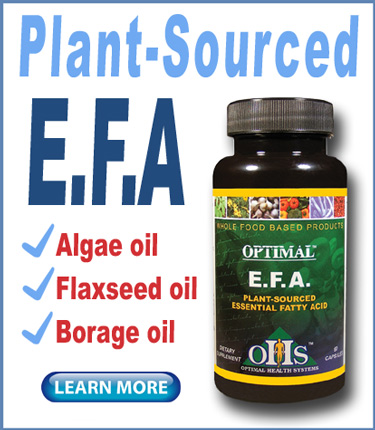During the Covid-19 pandemic many governments around the world distributed Vitamin C and Vitamin D supplements to help fortify the population against the viral onslaught.
Even in the U.S.—where promotion of any non-pharmaceutical was vilified by the government—sales of the two nutrients still soared.
Time has proven that the two critical nutrients were indeed helpful in reducing Covid symptoms; however, researchers are now learning that other nutrients also provided critical Covid protection.
For example, a January 2022 study pointed to Vitamin K2 as an important Covid-protecting nutrient.
Now Omega-3 nutrients can be added to the growing list.
According to analysis of data from the UK Biobank prospective cohort study, a high level of the critical fatty acids in one’s blood improves the odds of a positive Covid outcome in all stages of the disease: testing positive, hospitalization and death.
Though the study utilized data from the UK Biobank, it was conducted by researchers at the University of South Dakota, the University of Illinois–Chicago and the Fatty Acid Research Institute in Sioux Falls, South Dakota. The results were published in The American Journal of Clinical Nutrition in February, 2023.
This study is not the first to demonstrate an Omega-3/Covid-reduction link; however, while earlier findings reported a reduction in hospitalization for those with optimal Omega-3 levels, the new study extends the benefits to also reducing the liklihood of testing positive initially and to lowering the chance of dying.
Study details
To conduct the study scientists tracked a total of 110,584 subjects (hospitalization and death), along with 26,595 “ever-tested” subjects (those who tested positive with a Covid-19 PCR test result).
Assessing each test subject’s Omega-3 health involved measuring the Docosahexaenoic acid (DHA) and Eicosapentaenoic acid (EPA) of each participant. DHA and EPA are two of the three Omega-3 essential fatty acids.
The researchers initially measured the DHA level in the test subjects using nuclear magnetic resonance spectroscopy. The readings were then converted to the “Omega-3 Index”—the scale showing the concentration of EPA and DHA in a person’s red blood cell membranes.
The test subjects were divided into five quintiles, based on how well they rated on the Omega-3 Index.
The three outcomes—testing positive, hospitalization and death—were then assessed over a period spanning January 2020 and March 2021.
Results
According to the researchers, subjects with a high Omega-3 Index scored better in all three of the outcomes. Moreover, for the most part the protection was progressive relative to each of the higher quintiles of Omega-3. In only one of the three outcomes was there an eventual tapering-off of the protection provided.
Outcome 1 – Testing Positive: Those in quintile 5 (with the highest Omega-3 Index levels) were 21% less likely to test positive than those in quintile 1 (lowest Omega-3). The risk for a positive test was 8% lower for each standard deviation increase in Omega-3 status.
Outcome 2 – Hospitalization: Quintile 5 subjects were 26% less likely to be hospitalized than those in quintile 1, and risk for hospitalization was 11% lower per standard deviation increase in plasma Omega-3 status.
Outcome 3 – Death: In tracking likelihood of Covid-19 death, the risk was consistenly lower thorugh quintile 4; however, according to the researchers quintile 5 had “a particularly attenuated risk reduction and became non-significant.”
Put another way, while having extremely low amounts of Omega-3 in the blood (quintile 1) did increase the likelihood of death, lowering the risk level with a higher Omega-3 intake only went so far. A “very high” amount of Omega-3 (quintile 5) accomplished a risk reduction only the same as that seen at the moderate levels.
Did Omega-3s protect Asia?
During the Covid pandemic countries such as South Korea, Japan and China reported extremely low Covid-19 severity rates. Many scientists initially attributed the lower rates to masking and social distancing policies; however, with new studies emerging that show the ineffectiveness of masking and social distancing, experts have been scrambling for other explanations.
The authors of the Omega-3 study think they may have an answer—or at least a partial answer.
The researchers noted the average Omega-3 Index in the Asian populations is about 7-12%—an amount far greater than the average of 4-5% measured in Western populations such as the United States.
In short, it appears Asian diets high in Omega-3 foods create immune systems that are stronger—at least in some aspects—to the immune systems of populations built on the typical Western/processed diet.
Commenting on the study’s findings in an editorial, Dr. Philip Calder, professor of nutritional immunology at the University of Southampton, wrote: “Consuming more long-chain Omega-3 fatty acids should be encouraged as a strategy to reduce the impact of the ongoing SARS-CoV-2 pandemic and future respiratory virus infection outbreaks.”
All three Omega-3 essential fatty acids can be found in Optimal E.F.A. by Optimal Health Systems:
• A-linolenic acid (ALA)
• Eicosapentaenoic acid (EPA)
• Docosahexaenoic acid (DHA)
Click the banner ad on this page, or visit the product info page here.
– – –



